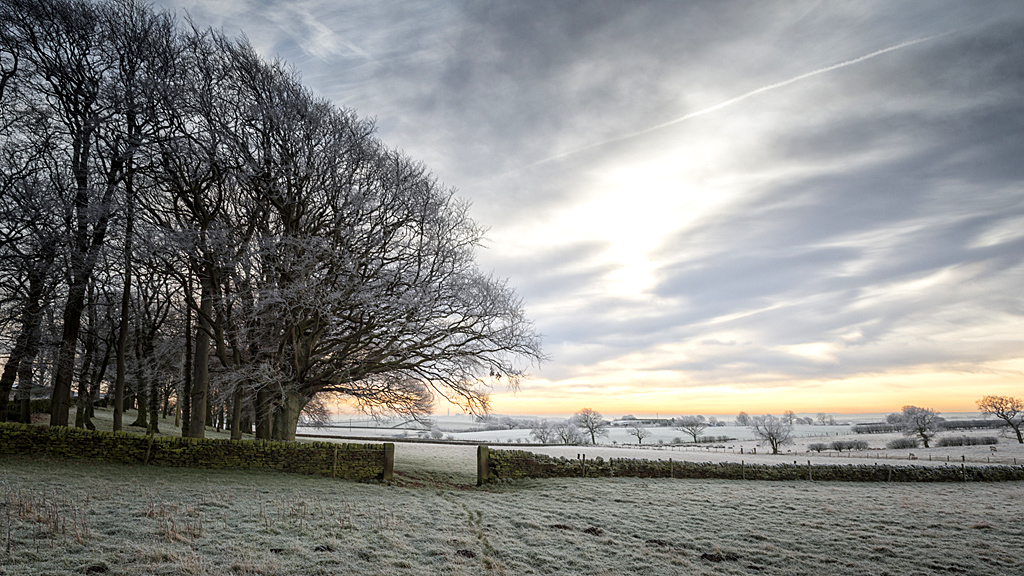Government U-turn on forest sell-off
The government has scrapped its initial plans to sell off England’s public forests, safeguarding the areas for future generations.

Today’s pledge by the government comes two years after a huge public row was triggered over its initial proposal to sell off the nationally-owned estate. At the time half a million people signed an on-line petition against the idea forcing the government into an embarrassing u-turn.
Responding to a report published by the Independent Panel on Forestry set up after the debacle, Environment Secretary Owen Paterson confirmed in the longer term a new public body would be set up to hold in trust the nation’s forests.
The Forestry Commission currently manages the public forest estate but will now be given an extra £3.5m this year to make up for not selling off the forestry land, he said. In addition an extra £2m has been found from existing budgets to cope with the extra pressure of dealing with Chalara ash dieback, a disease which has devastated much of the country’s ash tree population.
Mr Paterson said: “I want to put the future of our public forests on a clear and firm footing. Our forests and woodland will remain secured in public ownership for the people who enjoy them, the businesses that depend on them and the wildlife that flourishes in them.
“Our woodland economy has the potential to create jobs and growth, and the action plan the forestry industry is establishing will set out a road map to achieve that. Most importantly of all, we need to look after this precious resource. Recent pest and disease outbreaks have underlined that in addition to increasing woodland we must protect what we have and help others to do so.”
Our forests and woodland will remain secured in public ownership for the people who enjoy them, the businesses that depend on them and the wildlife that flourishes in them. Environment Secretary Owen Paterson
Last summer, the panel published a report urging the government to pioneer a new approach to woodlands which valued and rewarded management, improvement and expansion of woods for all the benefits they provided to people’s health, recreation, wildlife and a sustainable economy. Recommendations included increasing access to woodlands, planting trees, and significantly expanding forest cover.
But shadow environment secretary Mary Creagh warned that budget have been cut. She said: “A huge public outcry forced the government to U-turn on its plans to sell our forests but ministers have quietly cut 500 Forestry Commission staff, and a quarter of its budget. Defra ministers are ideologically incapable of planning for the forests’ future as their plan for a disruptive merger with the Environment Agency and Natural England in the middle of the ash dieback outbreak shows.”
The government’s latest plans include the expansion of England’s total wooded areas from 10 per cent to 12 per cent by 2060 and to improve the economic performance of the forestry sector.
Chief executive of The Woodland Trust Sue Holden told Channel 4 News: “Woodland protection, improvement and expansion, cited by government as priority areas today, carry equal weight and cannot be taken in isolation. We will continue to work with government to ensure it puts the right policy, incentives, public agencies and resources in place to deliver what is needed to ensure our forests, woods and trees are protected and valued for future generations.”